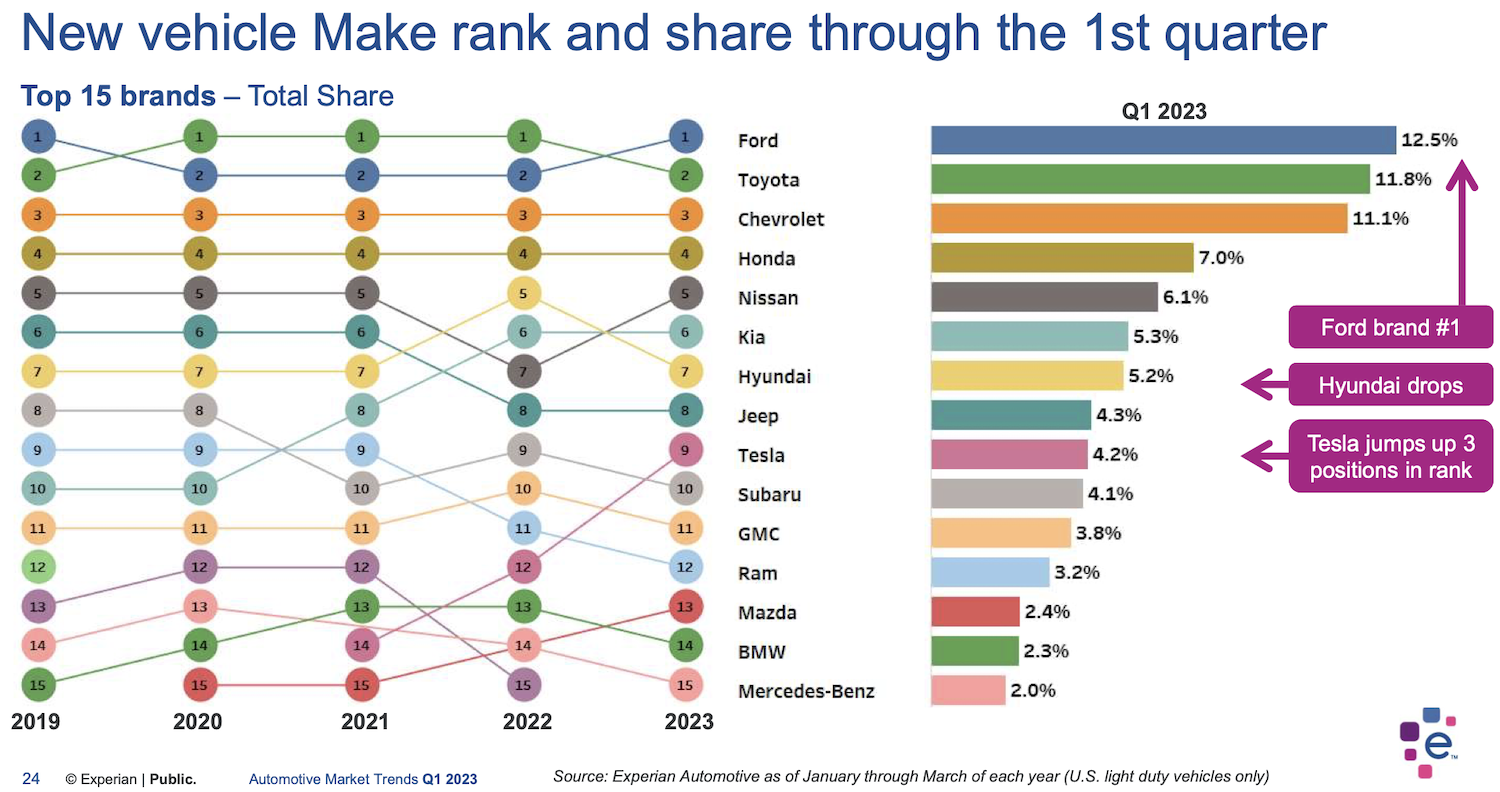The China Factor: Analyzing The Automotive Industry's Difficulties In The Chinese Market

Table of Contents
Intense Domestic Competition
The rise of powerful domestic Chinese automakers presents a significant hurdle for international brands aiming to conquer the China automotive market. Companies like BYD, NIO, and Xpeng are not only rapidly expanding their market share but also pushing the boundaries of technological innovation, particularly within the booming electric vehicle (EV) sector. This intense domestic competition is characterized by:
- Rapid growth and technological advancements of Chinese automakers: Domestic brands are leveraging substantial investments in R&D to develop cutting-edge technologies, including advanced driver-assistance systems (ADAS) and battery technologies, often surpassing their international counterparts in specific areas.
- Aggressive pricing strategies by domestic brands: Chinese automakers often utilize aggressive pricing strategies, offering competitive vehicles at lower price points, thereby putting pressure on the profit margins of foreign manufacturers. This competitive pricing, combined with strong brand loyalty, makes it difficult for international brands to compete.
- Strong government support for domestic EV development: The Chinese government actively supports the development of the domestic EV industry through subsidies, tax breaks, and favorable policies, further bolstering the competitiveness of Chinese electric vehicle brands in the China automotive market.
- Effective marketing and branding targeted at Chinese consumers: Domestic brands possess a deep understanding of Chinese consumer preferences and tailor their marketing and branding strategies accordingly, effectively resonating with the target demographic. This targeted approach often outperforms the strategies of foreign companies less familiar with the local market nuances.
Regulatory Hurdles and Bureaucracy
Navigating the regulatory environment within the Chinese automotive industry presents a significant challenge for foreign automakers. The complex web of regulations, including import tariffs, stringent emission standards, and intricate licensing procedures, demands significant investment in compliance and can lead to substantial delays. The unpredictable nature of regulatory changes further compounds the difficulty, making long-term planning challenging. Key regulatory hurdles include:
- High import tariffs impacting profitability: Significant import tariffs increase the cost of vehicles imported into China, directly affecting profitability and competitiveness.
- Complex homologation processes for new vehicle models: The rigorous homologation process for obtaining type approvals for new vehicle models can be lengthy and expensive, delaying market entry.
- Evolving emission standards and environmental regulations: China's increasingly stringent emission standards and environmental regulations require substantial investments in technology and adaptation to remain compliant.
- Bureaucratic hurdles and administrative delays: Navigating bureaucratic processes and dealing with administrative delays can significantly hinder the efficiency and speed of market entry and operations.
Understanding Chinese Consumer Preferences
Success in the China car market hinges on a profound understanding of the ever-evolving preferences of Chinese consumers. Factors beyond price, such as brand image, technological features, and the quality of after-sales service, play a crucial role in purchasing decisions. This understanding is critical, especially considering the rapid adoption of electric and connected vehicles. Key aspects of Chinese consumer behavior include:
- Shifting preferences towards electric and hybrid vehicles: Chinese consumers are increasingly embracing electric and hybrid vehicles, driven by government incentives and environmental awareness.
- Importance of brand image and reputation: Brand reputation and image are critical factors influencing consumer choice, making strong branding and effective marketing crucial.
- Demand for advanced technology and connectivity features: Chinese consumers value technologically advanced vehicles with sophisticated connectivity features and driver-assistance systems.
- Growing preference for domestic brands among younger consumers: Younger generations of Chinese consumers are increasingly favoring domestic brands, driven by patriotism and the perception of superior value and technology.
Supply Chain Disruptions and Geopolitical Factors
The global automotive industry is facing considerable supply chain disruptions, and the China automotive market is particularly vulnerable due to its significant role in the global supply chain. Geopolitical factors further complicate the situation, adding uncertainty and risk. These factors include:
- Impact of global semiconductor shortages on production: The ongoing global semiconductor shortage significantly impacts vehicle production, leading to delays and impacting market availability.
- Disruptions to logistics and transportation networks: Disruptions in global logistics and transportation networks contribute to delays and increased costs.
- Geopolitical risks impacting investment and trade: Geopolitical risks and uncertainties can negatively impact investment decisions and trade relations, leading to instability.
- Trade tensions and their effects on market access: Trade tensions and disputes can directly affect market access and create uncertainty for foreign automakers.
Conclusion
The China automotive market presents both immense opportunities and considerable challenges. Successfully competing requires a thorough understanding of the intense domestic competition, the regulatory intricacies, the evolving consumer preferences, and the influence of geopolitical factors. Companies must adapt their strategies to this dynamic environment, prioritize R&D investments, cultivate robust relationships with local partners, and maintain a keen awareness of regulatory changes. Ignoring the "China factor" is no longer viable; effectively addressing these difficulties is crucial for long-term success in the global automotive industry. To further navigate the complexities of the China automotive market, dedicated research into specific market segments and consistent monitoring of regulatory updates are highly recommended.

Featured Posts
-
 The Rise Of Abusa Analyzing The Impacts Of The Ditch America Trade Movement
May 19, 2025
The Rise Of Abusa Analyzing The Impacts Of The Ditch America Trade Movement
May 19, 2025 -
 Wrench Attacks And Severed Fingers A Growing Threat To The Crypto Elite
May 19, 2025
Wrench Attacks And Severed Fingers A Growing Threat To The Crypto Elite
May 19, 2025 -
 Adios A Juan Aguilera Un Hito Del Tenis Mundial
May 19, 2025
Adios A Juan Aguilera Un Hito Del Tenis Mundial
May 19, 2025 -
 Filistinli Muelteciler Gazze Deki Yasam Muecadelesi Ve Gelecek Kaygilari
May 19, 2025
Filistinli Muelteciler Gazze Deki Yasam Muecadelesi Ve Gelecek Kaygilari
May 19, 2025 -
 Jennifer Lawrence And Cooke Maroneys Rare Public Appearance Fuels Baby No 2 Speculation
May 19, 2025
Jennifer Lawrence And Cooke Maroneys Rare Public Appearance Fuels Baby No 2 Speculation
May 19, 2025
